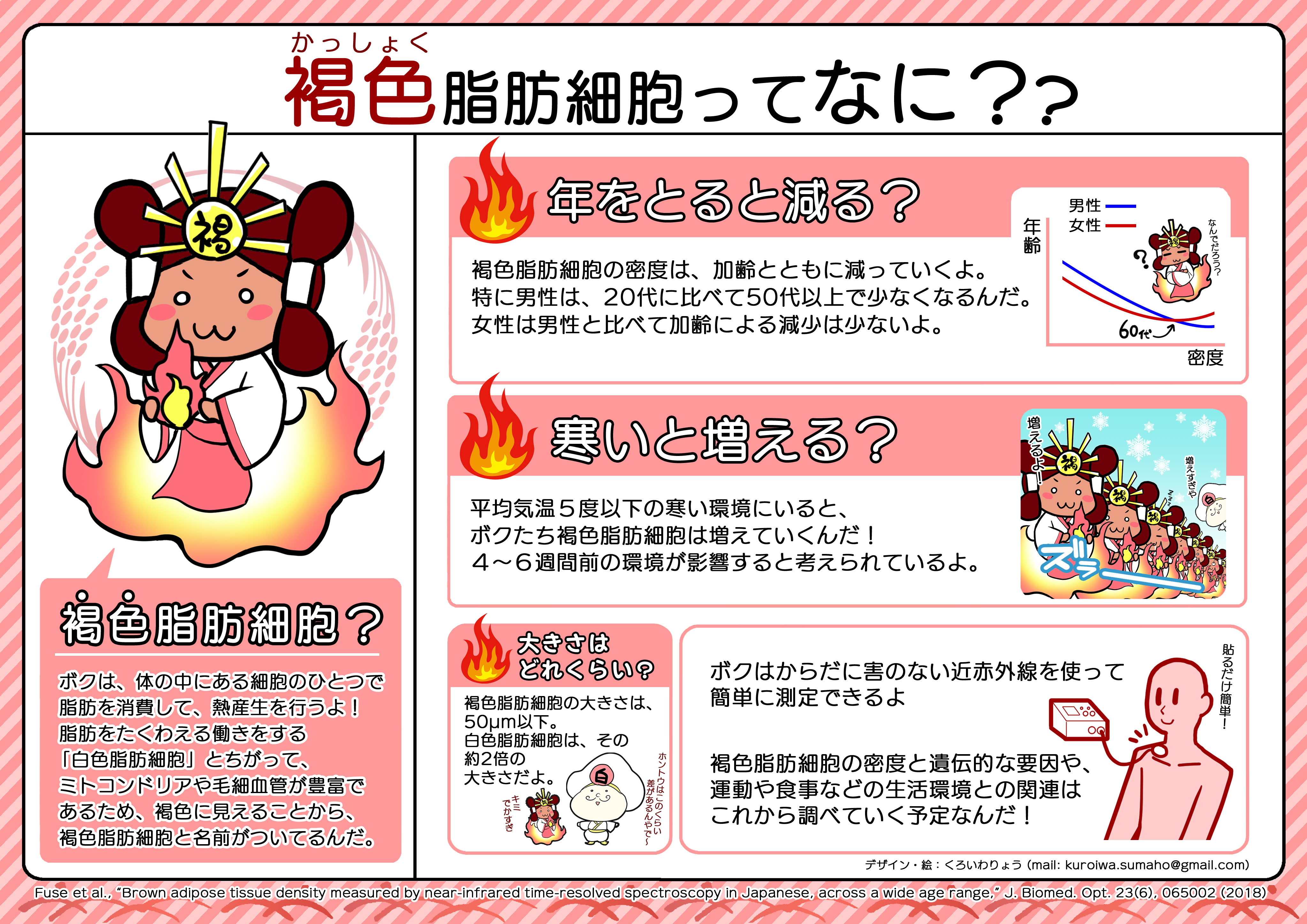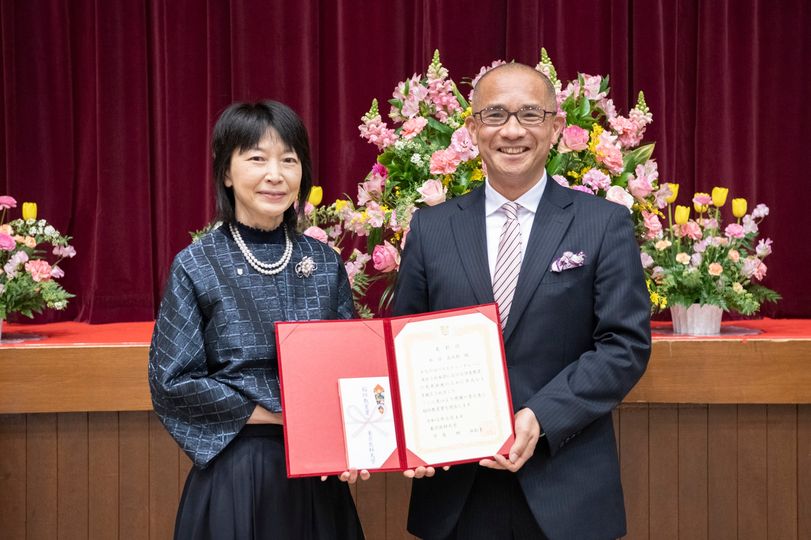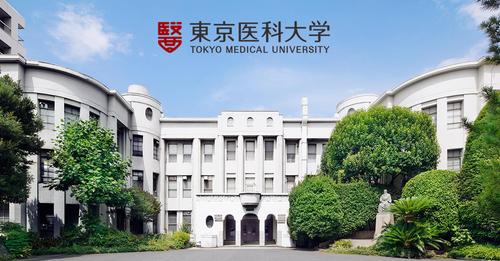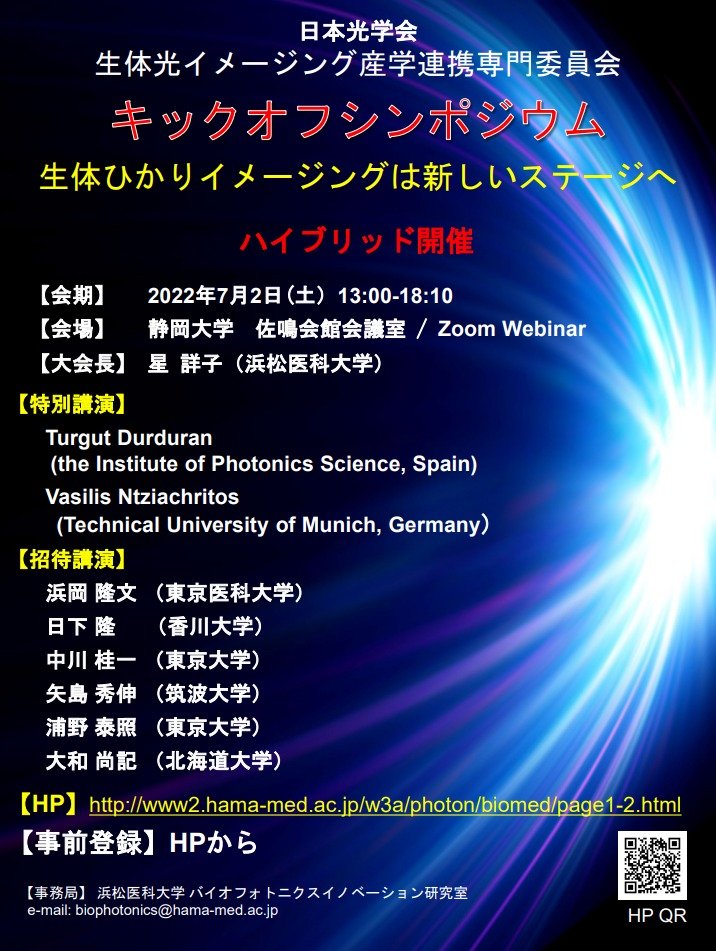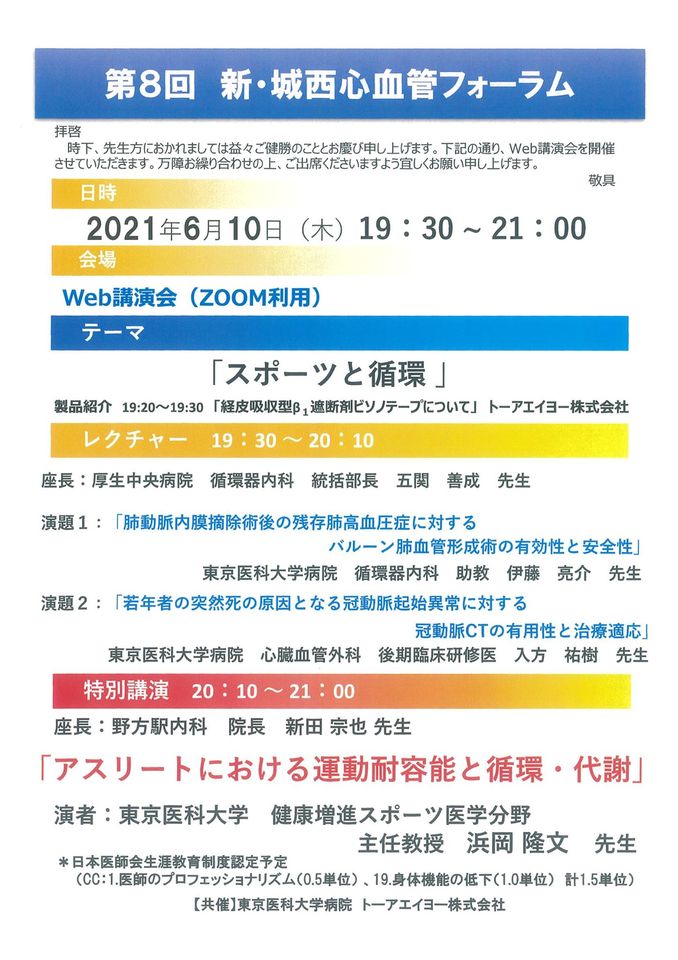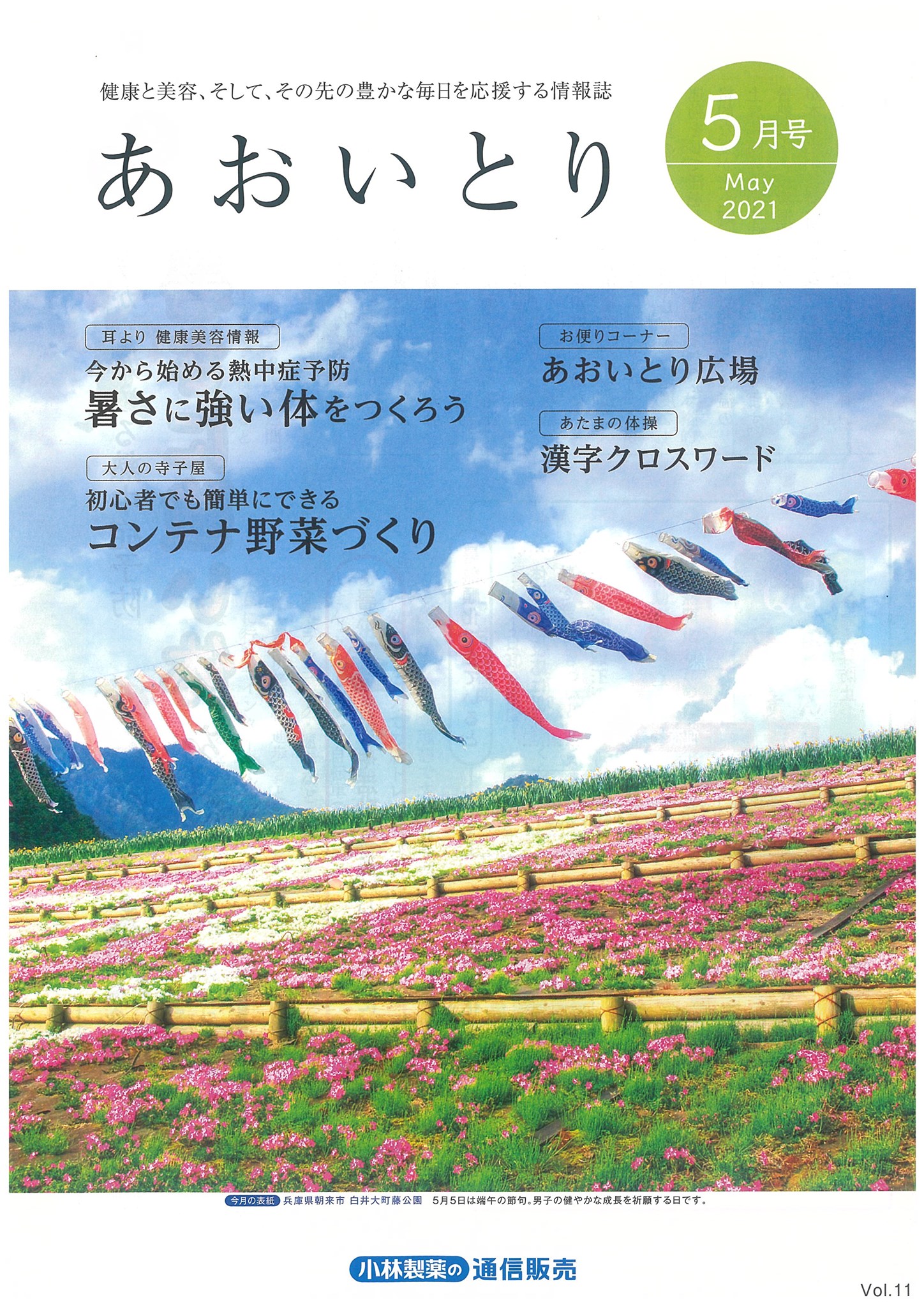ベストティーチャー賞は医学科の学生にアンケートを行い、その評価により選出されます。
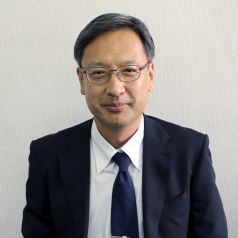
Takafumi Hamaoka MD.,PhD.
Professor and DirectorDepartment of Sports Medicine for Health Promotion
Tokyo Medical University
https://www.researchgate.net/profile/Takafumi_Hamaoka
Though scientific and technological developments in the 20th and 21st centuries have dramatically increased the comfort and quality of life for modern people, the pursuit of a better life continues. Comfort and convenience doesn’t have to mean living without physical activity or effort; however, current Information Technology (IT) is spurring an increasingly non-active lifestyle. For example, with a basic computer or smartphone, it is now possible to work, shop, and bank without leaving the home. Thus, the opportunities for physical activity during everyday life are being lost. Not restricted to developed countries, developing countries are also experiencing costly social issues, such as metabolic syndrome and locomotive syndrome that diminish the quality of life of its sufferers. While medical treatment after the onset of symptoms has been the major strategy, there is limited curative potential. This led us to consider a preventative, life-style approach, especially the role of increased physical activity to prevent chronic disease. Besides chronic disease, current evidence-based medicine (EBM) has proven an association between lack of exercise and breast and colon cancer.
Outline of department activities
Our department is conducting research in sports medicine regarding: 1) prevention of lifestyle related disease, 2) treatment of arteriosclerosis and 3) sports physiology to retain physical fitness for elderly people. We also operate a cardiac rehabilitation center that is rarely seen as an activity of social medicine.
Basic and translational research
Our research interests in sports physiology are: 1) energy metabolism in skeletal muscle, 2) measurement of dynamic change in muscle oxygenation and 3) peripheral hemodynamics during exercise with non-invasive measurement evaluation methods, such as magnetic resonance spectroscopy, near-infrared spectroscopy and Doppler ultrasound. Our research aims to establish strategies to prevent lifestyle-related disease and develop effective exercises for cardiac rehabilitation. Currently, we are exploring effective methodologies to increase brown adipose tissue in order to reduce the risk of lifestyle-related disease.
Clinic
At our cardiac rehabilitation center (7th floor in the Tokyo Medical University Hospital) (Dr.Murase and Dr.Watanabe)in collaboration with Cardiology department, we conduct physiotherapy for patients with heart and blood vessel disorders, including coronary artery disease, chronic heart failure and peripheral artery disease as well as those recovering from cardiac surgery. Our clinic is targeting primary to tertiary prevention interventions as part of a comprehensive preventive medicine strategy.
Education
Our medical education curriculum includes opportunities to learn not only social medicine in lectures and clinical laboratory classes but also the basics of sports medicine by independent research. Moreover, lectures on exercise medicine are integrated into the curriculum to help students understand changes in the body due to exercise and the importance of sports in the promotion and maintenance of health. We are also taking part in development of the International Physical Activity Questionnaire (IPAQ), which compares physical activities at the global level through international cooperation coordinated by WHO and other organizations. Our goals are to continue the research, education and practice of comprehensive preventive medicine.
